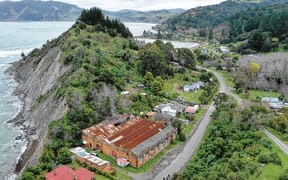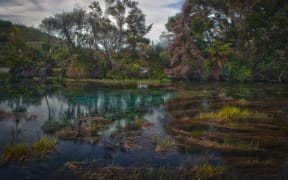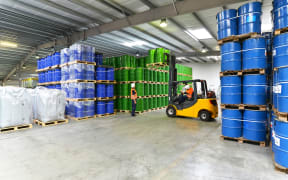A number of waterways around the Waikato are in poor health and officials are seeking input from Pasifika and Māori on water restoration.
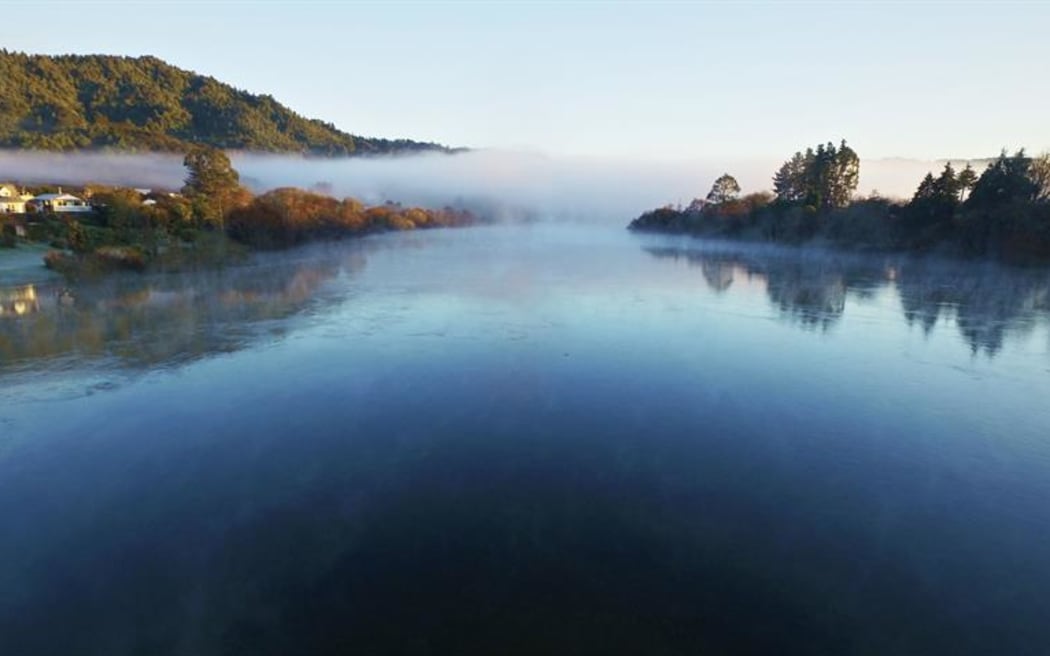
The health of Waikato waterways is in the spotlight this month as Waikato Regional Council asks for input from the community. Photo: Hamilton City Council
"We cannot ignore climate change and must take a proactive role in mitigating its effects on our whanau," says Tukoroirangi Morgan, the chairperson of Te Arataura, the executive committee of Te Whakakitenga, the governance body of Waikato-Tainui.
"Waikato-Tainui has a firm relationship with all of our local and regional bodies. They are intimately involved in water allocation and setting policy direction and so it is critical that we engage proactively. We also have mechanisms inside our river settlement that compels these organisations to work with us in this area."
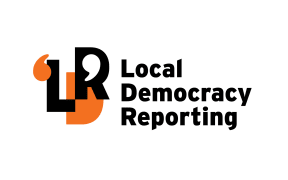
Waikato Regional Council is holding one-day water workshops with communities around the region to help inform a Waikato Regional Policy Statement and Waikato Regional Plan, and to bring them into line with new central government directions.
The workshops will give new directions for freshwater planning and how it might influence community's local water bodies. It's also a chance to seek the best solutions on how fresh water should be managed.
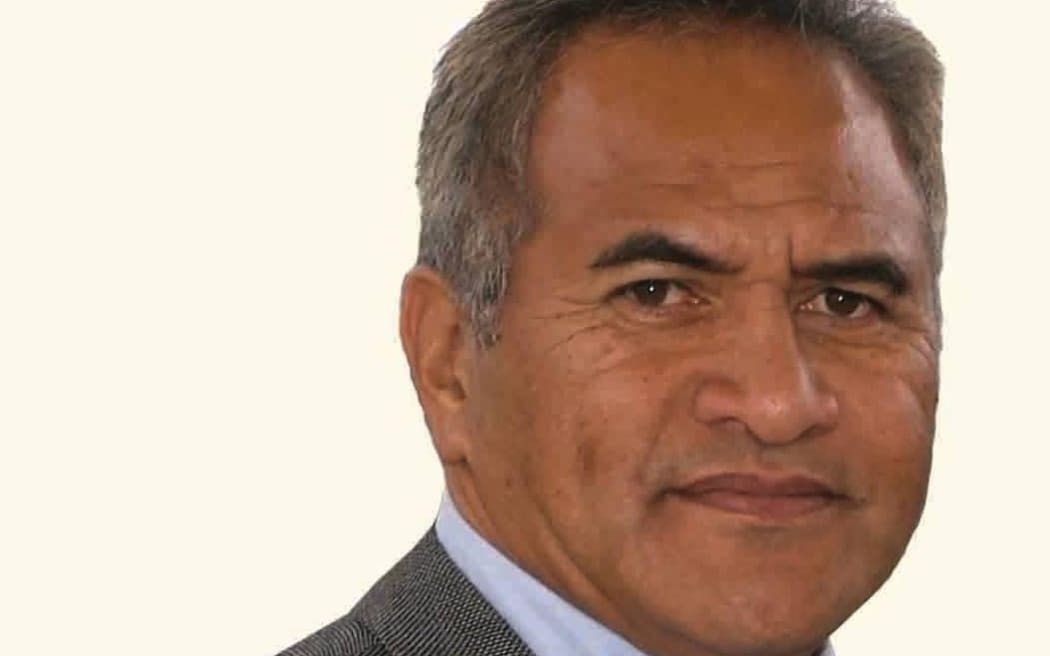
Tukoroirangi Morgan, the chairperson of Te Arataura, the executive committee of Te Whakakitenga, the governance body of Waikato-Tainui, encourages Pasifika and Māori to attend the workshops. Photo: Waikato-Tainui
Morgan said Mātauranga Māori played a critical role in water restoration.
"We sit on the Waikato River Authority along-side other iwi and its vision is to achieve the restoration and protection of the health and wellbeing of the Waikato River for future generations, and promote an integrated, holistic, and co-ordinated approach to the
implementation of the Vision and Strategy, and the management of the Waikato River."
According to Waikato Regional Council, water quality for ecological health was decent in the upper Waikato River and tributaries of Lake Taupō. However, quality in lowland areas of Hauraki and lowland tributaries of the Waikato River was poor.
A report released by council last year revealed Waikato waterway nitrate levels were worsening.
Measuring nitrate concentrations in groundwater and in rivers, it found that 12 percent of the 120 monitored wells in the region had nitrate concentrations exceeding the New Zealand drinking water standard of 11.3mg/L and 20 percent had concentrations above half of this.
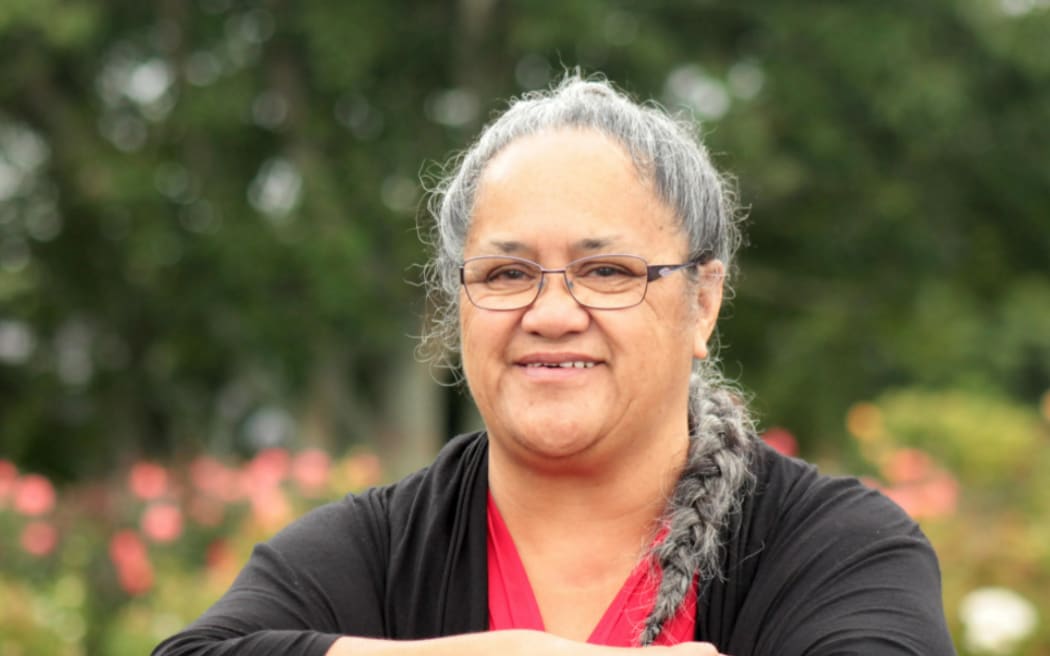
Waikato Regional Council deputy chairperson Kataraina Hodge says a number of things indicate poor water health and is encouraging Pasifika and Māori to offer their insights Photo: Supplied / Raukawa iwi
The council routinely monitors 115, a cross-section of regional rivers and streams to assess the suitability of water quality for native water plants and animals.
Sensitive aquatic plants and animals cannot live and thrive when water quality is poor.
Council deputy chairperson Kataraina Hodge said there were a number of reasons as to why some waterways were in poor health.
"There are many reasons, and personally I do not believe we can blame just any one source. We as the diverse range of people of New Zealand, are all to be blamed in one way or another - Mātauranga has a place to play everywhere. Mātauranga and
Western Science in this instance could work very well together, and in some respects may work very well independently."
Upcoming workshops will be held in Te Kuiti on 2 June, Tokoroa on 15 June, Hamilton on 17 June, Tuakau on 21 June, and Kawhia on 29 June.
Local Democracy Reporting is Public Interest Journalism funded through New Zealand On Air
